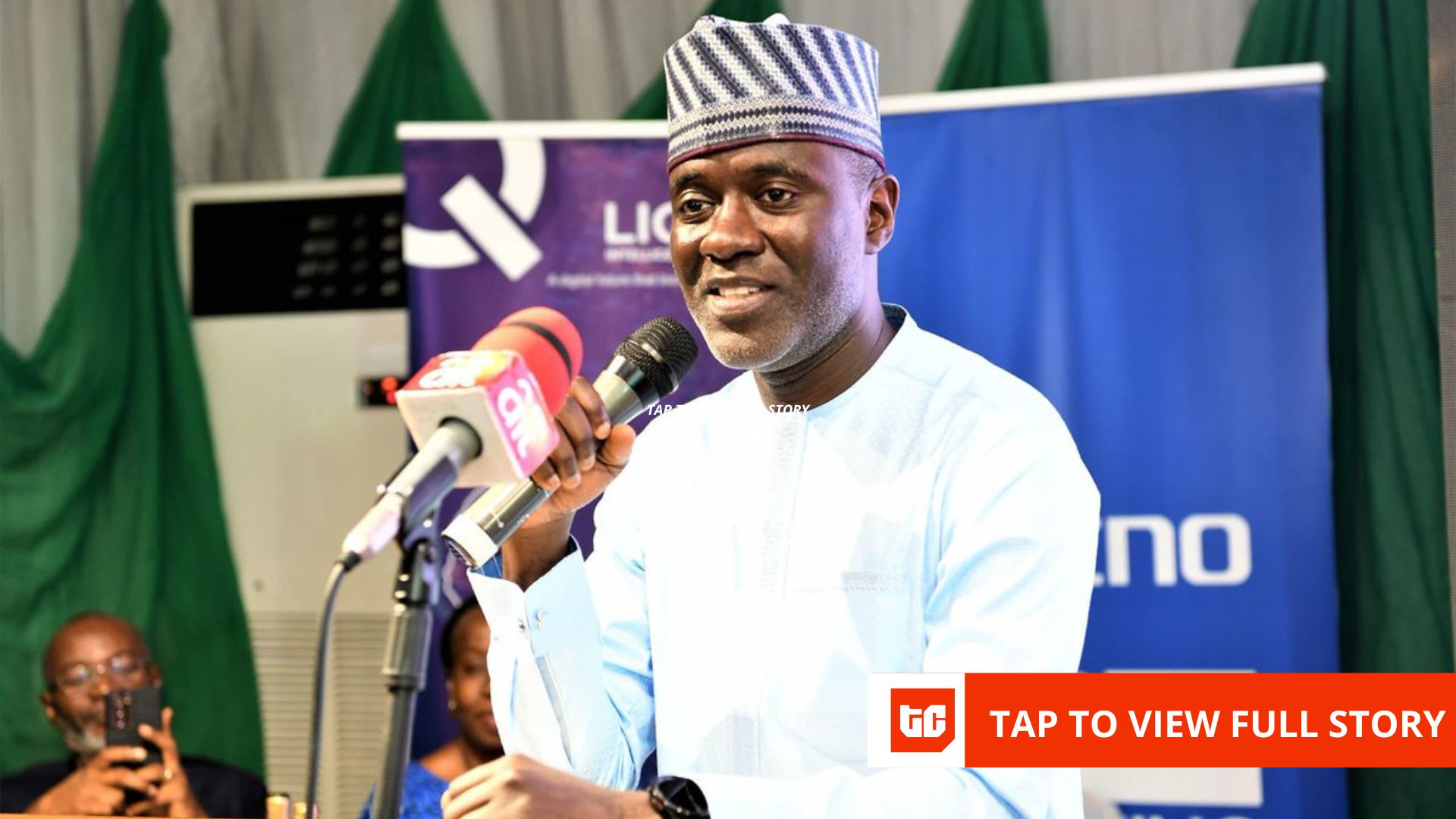The Nigerian Communications Commission (NCC) will unveil a five-year national spectrum roadmap in November, aiming to enhance broadband quality and expand internet connectivity nationwide. The initiative, led by the Executive Vice Chairman (EVC) Aminu Maida, will guide how Nigeria allocates, manages, and optimises its finite spectrum resources to meet rising digital demands and achieve the National Broadband Plan 2020–2025.
Maida, who spoke to on the sidelines of Moonshot by last Wednesday, described spectrum as “the invisible highway” that carries data between telecom infrastructure and users’ devices. He likened it to a multilane road network with limited capacity, a finite resource that must be efficiently managed to prevent congestion and ensure high performance.
“Historically, we’ve assigned these lanes, our frequency bands, through auctions or administrative processes,” he explained. “But we must also ensure that those who get access actually use it effectively, because idle spectrum in a country with growing connectivity demand is a wasted opportunity.”
According to Maida, the upcoming roadmap will project Nigeria’s spectrum needs over the next five years, aligning them with international frameworks established by the International Telecommunication Union (ITU). “We’re ensuring Nigeria’s spectrum planning follows global standards,” he said. “That alignment is crucial so that device manufacturers and infrastructure vendors can produce equipment that works seamlessly across markets.”
The roadmap will also address legacy challenges in Nigeria’s spectrum management, from underutilised allocations to fragmented frequency holdings. Maida admitted that past allocations sometimes went to operators who lacked the capacity to deploy, resulting in dormant assets.
“We’ve seen cases where spectrum was assigned but not used optimally,” he said. “We’re correcting that through spectrum trading, encouraging operators to lease or sell unused spectrum to those who can deploy it more efficiently.”
This secondary market reform, already underway, has enabled recent trades, including the spectrum sharing agreement between 9mobile and MTN. The NCC facilitated the transaction to prevent service disruptions and maintain market stability. Maida confirmed that additional trades and policy updates will be announced within weeks. “Our data clearly shows a correlation between spectrum holding and broadband quality,” he noted. “Unlocking idle spectrum will have a direct, positive impact on user experience.”
Nigeria’s mobile broadband ecosystem relies heavily on 4G, while 5G deployment remains limited to major cities like Lagos and Abuja. The roadmap is expected to accelerate 4G densification and support the gradual expansion of 5G across the country, while improving access in underserved rural areas.
Maida emphasised that the regulator’s ultimate goal is sustainable connectivity that benefits operators and consumers. “We’re an economic regulator, so investments must make sense,” he said. “But we also have to ensure Nigerians get the quality of service they deserve. After life and health, connectivity is what people rely on every day, and that’s why getting this right is critical.”
The roadmap, according to the NCC, will form the foundation for spectrum efficiency, equitable access, and a more resilient broadband future for Nigeria beyond 2025.










